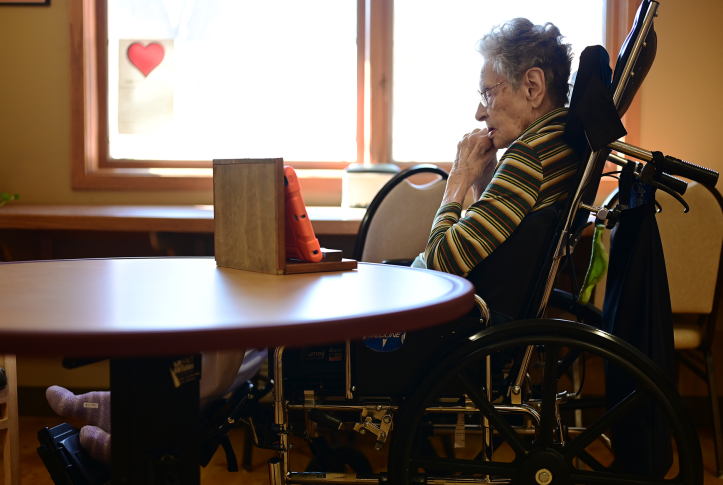When public officials threaten to unlawfully deny or terminate rights guaranteed under public benefit programs (e.g., Medicare, Social Security), people are entitled under law to a review by an independent decisionmaker. For more than a half century, Medicaid beneficiaries have been able to turn to the federal courts for this protection under section 1983, a 150-year old civil rights law. On May 2, however, the Supreme Court agreed to decide whether people who depend on Medicaid and Medicaid providers should continue to have this fundamental safeguard. Because Medicaid serves a predominantly low-income population with a disproportionate number of people of color, the health equity implications of eliminating such a core legal protection are enormous.
The case in question is Health and Hospital Corp. v Talevski. Gorgi Talevski had sued a public nursing home, claiming it had violated his rights under the Federal Nursing Home Reform Act — part of Medicaid since 1987 — by unlawfully medicating and discharging him. The question the Court will consider in Talevski, however, is not the nursing home’s conduct, but rather whether his rights under Medicaid can be enforced under section 1983, which protects constitutional and statutory rights against illegal actions by state officials.
Talevski involved a claim for damages for injury. But section 1983 is overwhelmingly used to sue to stop harms before they occur, such as a threat of unlawful termination of family planning benefits required under law or total loss of eligibility by terminating coverage without due process. Courts can stop these actions; they can affirmatively order states to reinstate coverage unlawfully denied. Without access to these special judicial powers, affected beneficiaries and providers face the threat of irreparable injury. This power is unique to the courts. The U.S. Department of Health and Human Services, which oversees state programs, cannot order a halt to unlawful state practices or compel states to reinstate coverage wrongfully withheld.
Medicaid will not be the only public program facing this threat. Other state-administered public assistance programs that create rights, such as nutrition or public housing assistance, also will be affected. Depending on Talevski’s outcome, individual guarantees to food and shelter could become unenforceable.
As we have explored elsewhere, federal courts have long permitted public program beneficiaries and providers to sue under section 1983 to prevent unlawful state action that threaten their rights. Over the past 30 years, the Court narrowed the conditions under which beneficiaries of public programs can sue, distinguishing ever more emphatically between “rights” and the vast number of legal provisions that generally govern state administration. Several justices have complained about even these narrow exceptions to the general rule against beneficiary and provider lawsuits, asserting that spending clause statutes — like Medicaid — are simply agreements between the federal and state governments and, as a matter of constitutional law, never create privately enforceable rights. The Court has now agreed to hear Talevski, even though three separate courts of appeal, following Supreme Court precedent, uniformly agree that nursing home protections do qualify as enforceable rights under section 1983. This sends a powerful signal: this fundamental legal protection is on the line.
Public Program Rights Secured by Section 1983
Section 1983 decisions the Court appears ready to reconsider rest on two basic assumptions. First, state-administered public welfare laws can and do create legal rights. Second, Congress has provided no other means for protecting these rights.
Section 1983 explicitly protects rights created by statute, not just those created by the Constitution:


